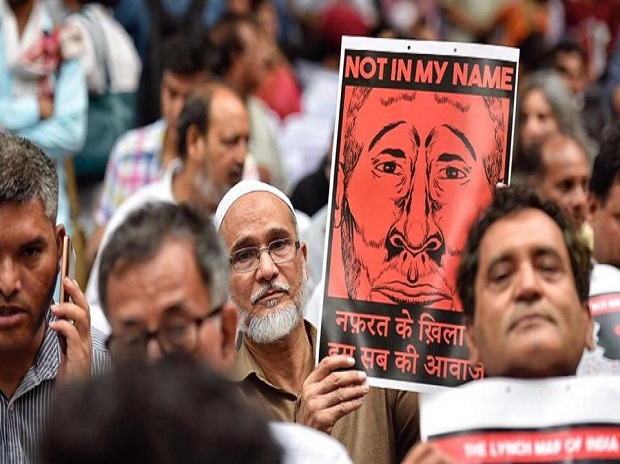Human Rights Watch says India ignored UN recommendations on AFSPA, torture and beef attacks

By TwoCircles.net Staff Reporter
New Delhi: The Human Rights Watch has castigated the Indian government for not accepting a number of key human rights recommendations on September 21, 2017, at its United Nations review in Geneva which included greater accountability of its security forces, ensuring freedom of expression and peaceful assembly, repealing the law criminalising consensual adult same-sex relations, and abolishing the death penalty.
India’s government responded on September 21 to the recommendations made by other UN member countries on May 4 during India’s third periodic review. The Indian government was unwilling to accept important recommendations, said HRW.
“In the face of countless attacks on free speech and threats to marginalised communities, the Indian government has chosen to be in denial,” said Meenakshi Ganguly, South Asia director at Human Rights Watch. “India should show leadership on the world stage by taking the human rights concerns of other countries seriously and adopting concrete steps to address them.”
At the May 4 session, 112 countries made a total of 250 recommendations. On September 21, the government accepted 152, including commitments made toward sustainable development goals aimed at alleviating poverty, improving access to safe drinking water and sanitation, and strengthening protections for children and women.
Thirty countries called on India to ratify the UN Convention Against Torture, a treaty it signed two decades ago but never ratified. Even as the Indian government denied the existence of torture at the May meeting, saying “the concept of torture is completely alien to our culture and it has no place in the governance of the nation,” it said it remained committed to ratifying the treaty.
However, India made a similar commitment at the last UPR cycle in 2012 when the recommendation was made by 17 countries, and yet failed to take any steps to fulfill it.
In a recent report on deaths in police custody, Human Rights Watch found that torture is frequently used to gather information or coerce confessions.
The HRW has also raised concerns over the Armed Forces Special Powers Act (AFSPA), a law that provides soldiers who commit abuses effective immunity from prosecution.
The HRW also mentioned the use of FCRA cancellation by the Indian government to harass, intimidate, and shut down foreign funding for nongovernmental organisations that criticize the government, its actions, or policies.
The human rights watchdog has also castigated the role of government in persecuting the people responsible for beef-related attacks.
“Mob attacks by extremist Hindu groups affiliated with the ruling Bharatiya Janata Party (BJP) against minority communities, especially Muslims and Dalits, have become a serious threat. In the first seven months of 2017, there were 26 attacks, and seven people were killed over rumors that they sold, bought, or killed cows for beef. The government has failed to prosecute those responsible for such attacks, and at the same time several BJP leaders have made incendiary remarks against minorities, and in support of Hindu nationalism,” said HRW.
“Fifteen countries raised concerns over such increasing violence, recommending that India should better protect these vulnerable populations and freedom of religion, and prosecute attacks against them. However, the Indian government was unwilling to make any commitments.”
Several countries also called on India to repeal section 377 of the penal code, which criminalizes consensual same-sex relations, and to end discrimination against lesbian, gay, bisexual, and transgender people, a recommendation made and only noted in 2012 and again during the 2017 review. This is despite an Indian Supreme Court ruling in August saying the law had a chilling effect on “the unhindered fulfillment of one’s sexual orientation, as an element of privacy and dignity.”
“The Indian government’s claims of respect for the UPR process mean nothing if it simply brushes aside important recommendations at a time when the country’s long-cherished freedoms and it's poor and vulnerable are at great risk,” Ganguly said.
